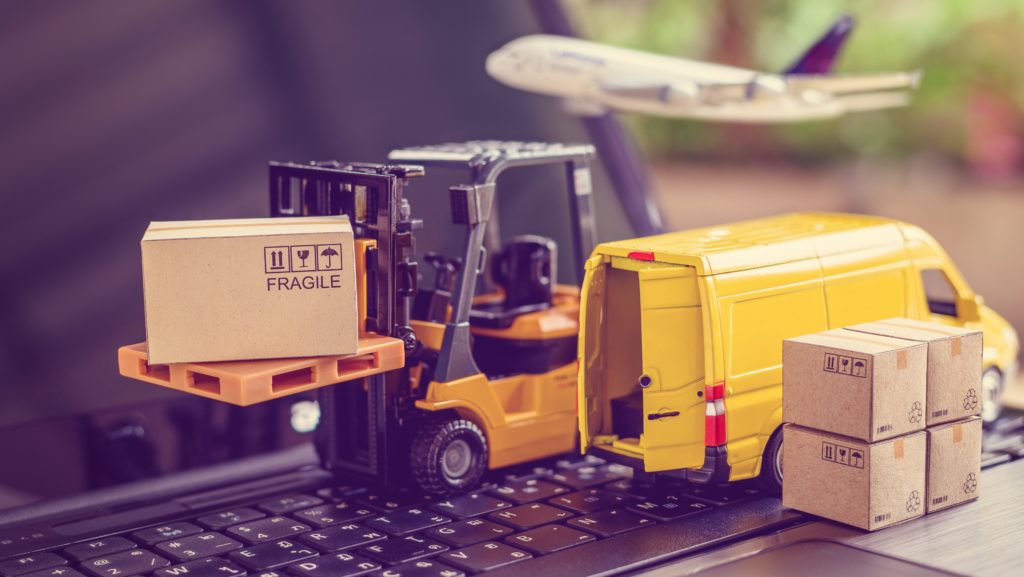
It’s been dominating the news – the Coronavirus. The disease that is becoming a global pandemic. Has it affected your business? If you work with suppliers from the Far East, that answer will be a resounding yes. In efforts to contain the disease China has enforced mass travel restrictions; people have been banned from leaving Wuhan (the city where the initial cases were reported). The restrictions have expanded to cities in the central province of Hubei confining more than 50 million people. Additional measures to stop the spread of the disease have included employers across China being ordered to remain closed following the national holiday break. For many companies those restrictions have been lifted but a few major manufacturers remain closed. The automotive industry is especially likely to be hit hard by the impact of the Coronavirus. South Korea’s Hyundai has become the first major car manufacturer outside of China to cease production due to a shortage of components, and Fiat Chrysler have warned that they may have to suspend production in Europe as it struggles to receive parts from China. Most recently, Jaguar Land Rover has warned that it could start to run out of Chinese parts for its UK factories in a fortnight. Internationally, travel bans have been enforced and flights to China cancelled until as late as March. This means that even if manufacturers can operate in China, they are then having difficulty shipping and transporting the goods.
The Coronavirus (COVID-19) is deeply reminiscent of the SARS (Severe Acute Respiratory Syndrome) outbreak of 2003. Both coronaviruses. Both originating in China. Both impacting the world economy. The SARS virus knocked off roughly 1-2% from China’s growth rate in 2003 but the consensus is that the Coronavirus of 2020 will have a bigger impact[1]. The primary reason for this is that China’s economy today is much, much greater than it was then – China is currently the second largest economy after the Unites States. In addition, the Chinese economy has sought to shift more towards services and internal demand rather than exports and manufacturing; this means the economy is more vulnerable to disruption. Nonetheless, China remains a manufacturing powerhouse.
In 2003 China made up 5% of the world’s manufacturing output[2]. Nowadays, China has the highest manufacturing output of any nation. As of 2018 it accounts for over 20% of the world’s overall manufacturing; overall China, Japan and the United States amount to 48% of the world’s manufacturing output[3]. It seems logical to deduce that the Coronavirus (COVID-19) will therefore have an even greater impact on the manufacturing industry worldwide.
The problem is, if you use suppliers from the Far East, it’s likely your supply chain is already struggling and there is no easy fix. What you can do, however, is protect your business from ever suffering from a global disruption like the Coronavirus again. Here’s how:
The debate around using global suppliers versus local suppliers won’t be new to you, and, under normal circumstances, this is an understandable dilemma. Businesses can purchase materials at better prices from lower cost economies in the Far East but doing so means accepting the disadvantage of carry costs and a larger inventory due to distance and long lead times. The alternative is to build local supply bases which allows for quick supply lead times and less inventory, but paying higher prices per order. Usually, if done correctly, the lower cost economy wins which explains why so many of us are suffering today!
So, how can we protect our businesses in the future? It might seem counter-intuitive to find alternative suppliers (to protect your supply chain) when things are going well – but that’s exactly the time to do it, before it’s too late!
The way to protect your supply chain from disruption is not to choose one or the other (global or local suppliers) but utilise both – only not at the same time. When there is an opportunity to have goods faster but at a higher cost, companies should work hard to take advantage of the opportunity and maintain this flexibility. Obviously, having local suppliers will help when special cause disruptions to the Supply Chain arise, but there are other benefits. If you’re considering increasing inventory levels because your sales are increasing and your inventory is trending towards stocking out, there is likely to be a significant investment involving cash, space, quantity, etc. and it will apply to each SKU you are considering – it’s a big decision. Taking advantage of local supply for a one-off hit of inventory can often move you away from the threat of stock outs without permanently changing your minimum/maximum order quantities. It will protect you from unnecessary inventory level adjustments and, if you really do have a systematic increase in sales (not just a one-off spike), you’ve bought yourself some time to prove it.
Our experience is that, on the whole, it will cost a company less to tap a local supplier before making the important decision to increase inventory levels. Our advice to you is to get through the current crisis and once the business is back to a steady state, task yourself and your procurement department with firstly, looking at all parts where rapid supply is currently available and engage with those suppliers. Secondly, and potentially more importantly, look at the core parts where fast supply is not available and begin cultivating a supply base. Taking preventative measures when times are good will help to protect your business when times get tough.
[1] Nik Martin, ‘SARS remembered – how a deadly respiratory virus hit Asian economies’ in Made for Minds, 22/01/2020 (Accessed: 12/02/2020, https://www.dw.com/en/sars-remembered-how-a-deadly-respiratory- virus-hit-asian-economies/a-52088462).
[2] BBC Radio 4 Today Programme, February 2020
[3] Keith Johnson and James Palmer, ‘Knock-On Effects of China’s Coronavirus May Be Worse Than Thought’ in Foreign Policy, 03/02/2020, (Accessed: 12/02/2020, https://foreignpolicy.com/2020/02/03/knock-on-effects- china-coronavirus-weak-economy-markets/).
